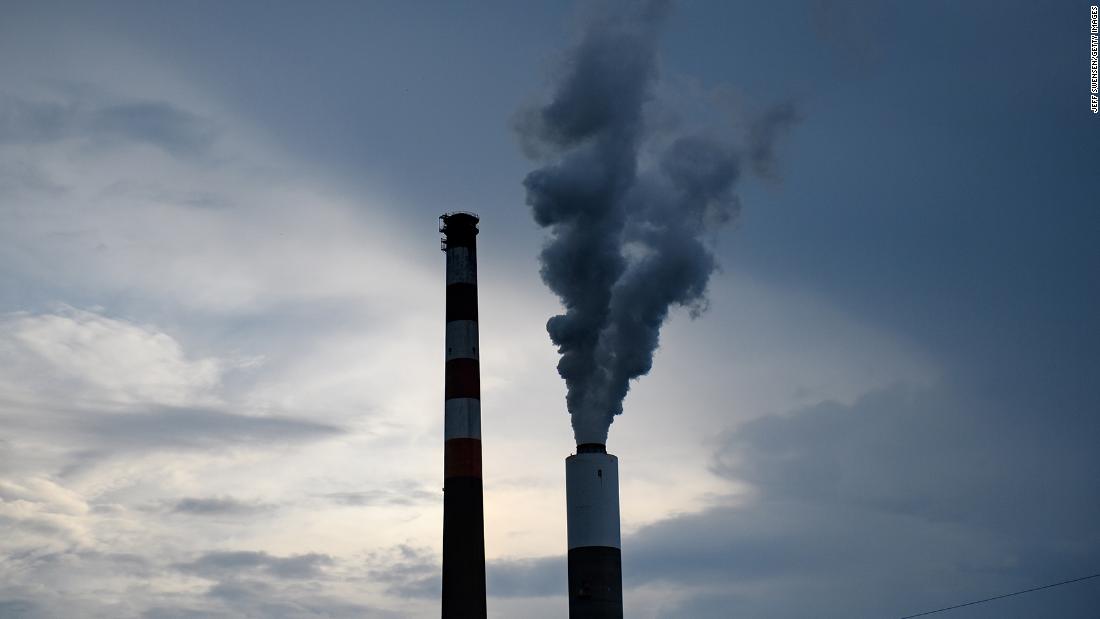
This fireproof material could replace lumber in your next home
July 13, 2022Suzanne DiBianca is EVP and chief impact officer at Salesforce. The opinions expressed in this commentary are her own.
The US Supreme Court’s ruling limiting the EPA’s authority to regulate greenhouse gas emissions is a wake-up call for Congress to pass urgent and meaningful legislation on climate and clean energy.
The ruling not only impedes the federal government’s ability to slow climate change — it also sets an alarming precedent that may inhibit other federal agencies from enacting critical climate policies to protect the lives and livelihoods of the American people.
We cannot allow climate action to remain a deeply entrenched political issue. Jurisdictional and corporate decision-makers must work together to drive the climate solutions that will ensure a safe and healthy future for all Americans.
Last year, the House approved the Build Back Better Act, which included hundreds of billions in clean energy tax credits. But the legislation stalled due to disagreements over what should be included in the final text. With key senators now discussing a new version of this budget measure, it is imperative that they move quickly to approve ambitious climate provisions, which can unleash the power and scale of the private sector. This kind of investment in clean energy would enable increased deployment of new technologies across a variety of sectors — like renewable energy, transport and manufacturing — to get to net zero faster and decrease our reliance on fossil fuels.
Ideally, a greater investment in clean energy would also reduce carbon pollution and spur innovation by:
- Creating hundreds of thousands of new green jobs annually as we scale wind, solar, carbon storage, transmission and other low-carbon solutions
- Cleaning the air by targeting methane pollution through the methane emissions reduction plan
- Implementing incentives and investments in domestic clean energy supply chains, as well as sustainable manufacturing
- Increasing equity and access to clean energy for lower-income communities
Business can help lead the way and innovate new climate solutions, but we cannot achieve the scale of emission reductions the world needs, nor can we secure a resilient energy future, without government support and leadership.
This includes supporting the new generation of startups focused on solving climate challenges so their innovations and technologies can accelerate change more quickly. New climate technologies depend on government incentives and credits to make their solutions cost-competitive in the early stages of development, particularly when they are competing against inefficient and outdated fossil fuel subsidies. In a recent survey of climate tech startups, 70% identified new government incentives or subsidies for customers as key to accelerating their growth.
Take Salesforce Ventures Impact Fund portfolio companies like BlocPower, whose mission is to decarbonize American cities at scale while creating hundreds of jobs in construction, technology and management; and Arcadia, which uses its software to help companies build climate tech solutions to act on their environmental impact. The government can play a critical role in accelerating and incentivizing these types of clean energy innovations.
While the Supreme Court has curbed the EPA’s ability to fight climate change, Congress has a unique opportunity, in partnership with businesses and government, to help deliver the clean energy economy we need today. I urge Congress to act now in this narrowing window of opportunity to create lasting change.
Source: Read Full Article



